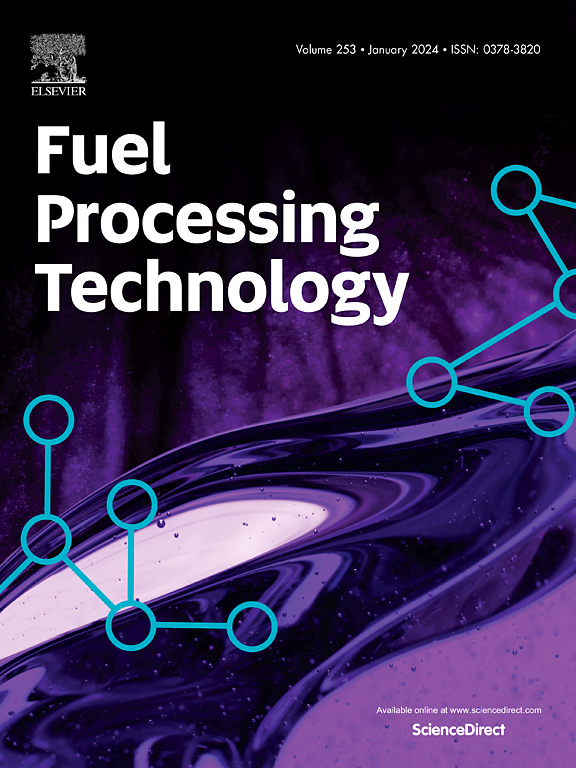An artificial intelligence optimization of NOx conversion efficiency under dual catalytic mechanism reaction based on multi-objective gray wolf algorithm
IF 7.2
2区 工程技术
Q1 CHEMISTRY, APPLIED
引用次数: 0
Abstract
In the era of industry 4.0, artificial intelligence (AI) offers new perspectives for researching the complex sustainable chemical reactions in selective catalytic reduction (SCR). This aims to further improve the utilization and efficiency of SCR. In this study, a fuzzy gray relational analysis coupled with random forest (RF) and back propagation artificial neural network (BP-ANN) model was developed. This model was trained based on the Langmuir-Hinshelwood and Eley-Rideal coupled mechanism for SCR reaction mechanism, and had good fitting effect on the heat transfer rate, catalytic efficiency and ammonia (NH3) slip rate of the catalytic reaction under loading conditions. And this was used as a guiding method to direct the multi-objective gray wolf optimization algorithm to optimize the basic parameters. The optimization results showed that the NH3 slip rate of the SCR was slightly improved and the denitrification efficiency was increased up to 28 % under different loads, which had guiding significance for the lightweighting and thermal control of industrial equipment.
基于多目标灰狼算法的双催化反应下NOx转化效率人工智能优化
在工业4.0时代,人工智能(AI)为选择性催化还原(SCR)中复杂的可持续化学反应的研究提供了新的视角。旨在进一步提高可控硅的利用率和效率。本文建立了随机森林(RF)与反向传播人工神经网络(BP-ANN)相结合的模糊灰色关联分析模型。该模型基于SCR反应机理的Langmuir-Hinshelwood和ley- rideal耦合机理进行训练,对负载条件下催化反应的传热速率、催化效率和氨(NH3)滑移率有较好的拟合效果。并以此为指导方法,指导多目标灰狼优化算法对基本参数进行优化。优化结果表明,在不同负荷下,SCR的NH3滑脱率略有提高,脱氮效率可达28%,对工业设备轻量化和热控制具有指导意义。
本文章由计算机程序翻译,如有差异,请以英文原文为准。
求助全文
约1分钟内获得全文
求助全文
来源期刊

Fuel Processing Technology
工程技术-工程:化工
CiteScore
13.20
自引率
9.30%
发文量
398
审稿时长
26 days
期刊介绍:
Fuel Processing Technology (FPT) deals with the scientific and technological aspects of converting fossil and renewable resources to clean fuels, value-added chemicals, fuel-related advanced carbon materials and by-products. In addition to the traditional non-nuclear fossil fuels, biomass and wastes, papers on the integration of renewables such as solar and wind energy and energy storage into the fuel processing processes, as well as papers on the production and conversion of non-carbon-containing fuels such as hydrogen and ammonia, are also welcome. While chemical conversion is emphasized, papers on advanced physical conversion processes are also considered for publication in FPT. Papers on the fundamental aspects of fuel structure and properties will also be considered.
 求助内容:
求助内容: 应助结果提醒方式:
应助结果提醒方式:


